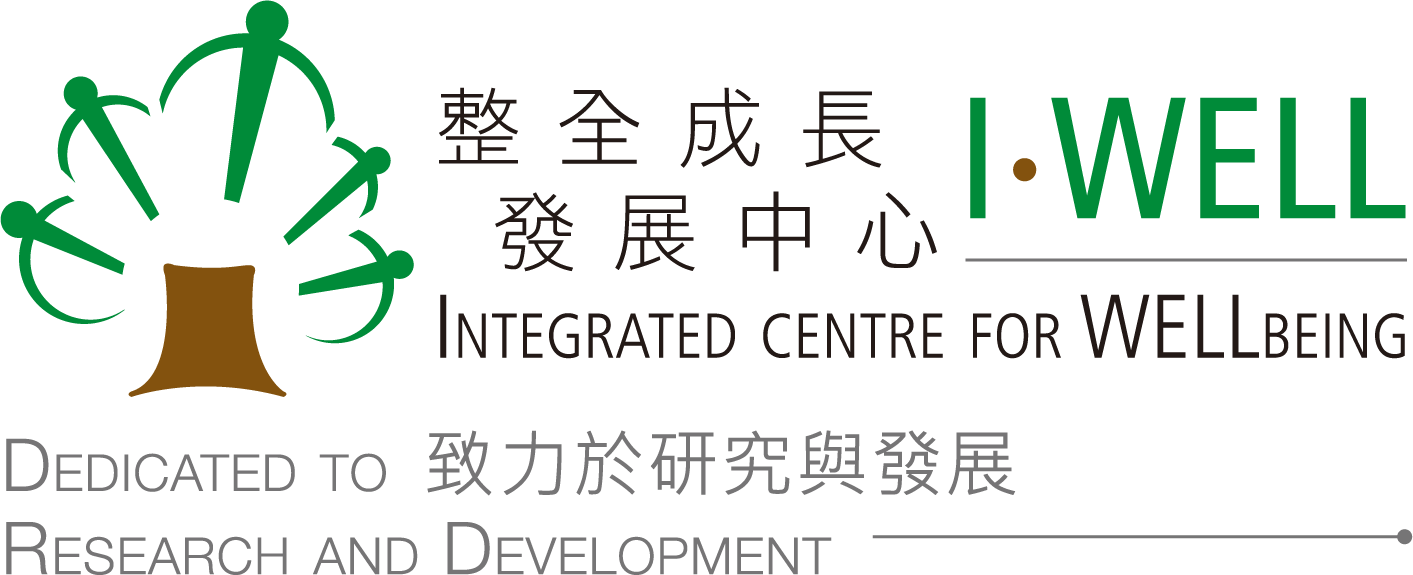Prof. Tong Kai-Yu
Professor and Chairman in the Department of Biomedical Engineering
The Chinese University of Hong Kong
| Item | Details |
| Title: | HOPE4Care - A multi-centre community service project with technology-assisted training for stroke rehabilitation |
| Abstract: | Prof. Raymond tong has launched a CUHK Jockey Club HOPE 4 Care Programme. To provide cutting edge stroke rehabilitation systems to support more than 39 local Day Care Centres for the Elderly and Community Rehabilitation Day Centre, provide stroke patients with rehabilitation treatment, including Hand of Hope, Exoskeleton Ankle Robot for Stroke Rehabilitation, Interactive Cycling System for Stroke Rehabilitation and Augmented Reality Stroke Rehabilitation Training Systems for Exercise Programme. The results showed functional improvement. The survey also showed the systems were welcomed by stroke survivors and therapists. The home version Augmented Reality Training System was used during the COVID-19 period to continue daily rehabilitation exercise. |
| Language: | Cantonese supplemented with English |
Dr. Wong Meng Ee
Associate Professor in the Department of Psychology and Child & Human Development (PCHD)
National Institute of Education
Nanyang Technological University, Singapore
| Item | Details |
| Title: | Assistive Technology Decision-Making to Support Students with Disabilities: Helping Teachers Choose the Right Tool for the Right Job |
| Abstract: | Students with disabilities experience challenges when they are insufficiently supported. One solution is the potential of assistive technology to compensate for their educational, daily living and leisure needs. Yet the use of assistive technology is still not widely adopted. Typically, rehabilitation therapists are often tasked to make decisions on the benefits of assistive technology devices. When rehabilitation professionals are unavailable for consultation, the teacher is often the closest professional to the student and the family to offer guidance. Teachers, however, are not always equipped to carry out assistive technology recommendation as they are also unfamiliar with the many devices. This is important since knowledge of a systematic process for identifying and selecting assistive technology increases the likelihood of successful student outcomes. This presentation introduces assistive technology and shares some fundamental questions central to assistive technology selection. |
| Language: | English |

Dr. Li Chun Hung
CEO
Autoba Limited
| Item | Details |
| Title: | Artificial Intelligence based learning assistants in e-learning environments |
| Abstract: | E-learning, in the form of virtual classroom, artificial Intelligence assisted teaching classroom and digital learning devices, are being rapidly adopted by leading educators and parents to improve the quality of teaching and learning. In this talk, we will focus on the use of artificial intelligence techniques: including computer vision, machine learning and natural language processing, to improve e-learning efficacy. Analysis on how AI can help gauge learning progress, learning difficulties and learning well-being will be presented. Special focuses will also be given to measuring concentration in learning activities as well as measuring emotion response in learning which are especially important in students with special needs. |
| Language: | English supplemented with Chinese |


